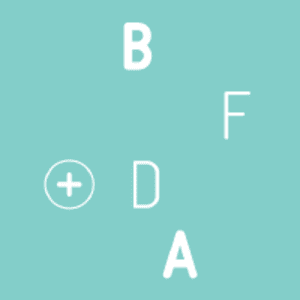Summary
Brooklyn Fashion + Design Accelerator was launched in 2013 by Debera Johnson. It is a vibrant hub where designers can build successful businesses that integrate the environment and society into their bottom line and explore the relationship between technology, product, and fashion.
Mission
The goal was to create a hub for ethical fashion and design that provided emerging design entrepreneurs, creative technologists and industry professionals with the resources needed to transform their ideas into successful, triple bottom line businesses.
Services
The BF+DA services can be summarized in sustainable strategies consulting, materials sourcing, small-run apparel production, cut and sew and computerized knitting and digital fabrication, public events, exhibitions, programs and workshops.
The BF+DA was also an innovation hub for the research and development of smart garments and functional textiles and exploring the digitization of apparel manufacturing.
Over two years, the TEK-TILES project brought together over 40 “masterminds” to build new businesses, develop wearable, connected products and create a library of innovative textiles and garments that integrated technology while considering health and well-being and sustainable supply chains.
The BF+DA welcomed over 31,000 visitors who came particularly to learn about sustainability, technology and social entrepreneurship.
Goal
Helping emerging apparel brands become technology-savvy, environmentally conscious, and ethically-run businesses. The goal of BF&DA is to turn micro-companies into small businesses with annual revenue between $250,000 and $500,000.
Sustainability
Johnson, the founder, said in an interview that: “The apparel industry is so price- and margin-conscious. Fast fashion is beating down the price of what we expect clothing to cost, but we’re not looking at the material concerns and, especially, the ethical concerns around the labor that’s creating that product. Our consumer culture wants the bargain, the deal, often despite the quality of the product.
Consumers need to decide whether they’re more interested in saving pennies or saving the environment. Products that are quality are going to cost more. We just have to decide where we stand.
At BF+DA, transparency is a big piece of how we do storytelling — letting people know who made the product, how it was made, what materials were used and whether the dyes are toxic or organic”.
References
- https://www.greenbiz.com/article/moving-needle-toward-more-holistic-and-ethical-fashion-industry
- https://bkaccelerator.com/press-all/
- https://www.crunchbase.com/organization/brooklyn-fashion-design-accelerator


